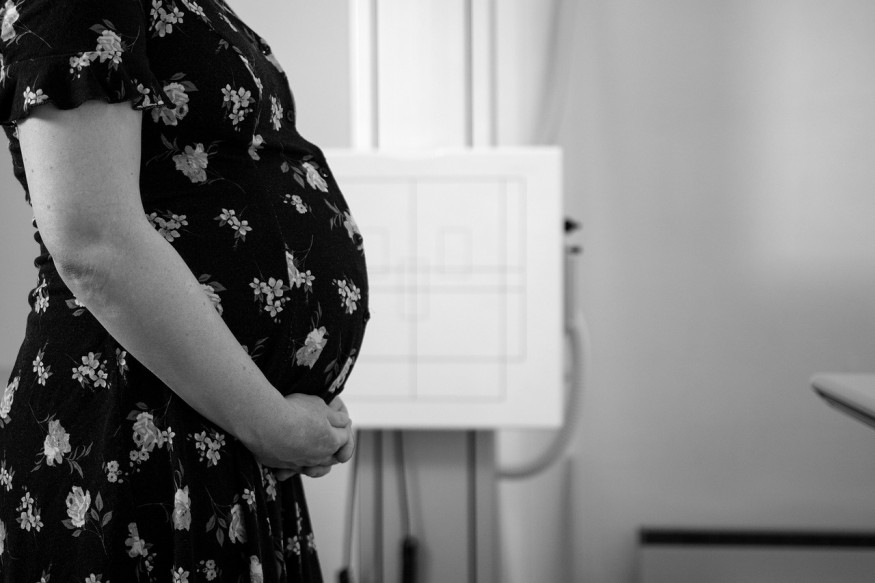
A new study shows that patients with infertility had a double likelihood of being hospitalized due to heart disease after giving birth. This is in comparison to those whose conception was natural.
Infertility Treatment and Postpartum Heart Disease Risk
According to the new study, "Infertility treatment is associated with increased risk of postpartum hospitalization due to heart disease," patients who went through such infertility treatment had a 2.16 higher likelihood of getting hospitalized due to dangerous hypertension or high blood pressure.
Rei Yamada, the study's lead author and an obstetrics and gynecology resident from Rutgers Robert Wood Johnson Medical School, says that all patients should undergo postpartum checkups. However, this study shows that they are especially important for patients who have undergone infertility treatments for conception.
Examining Risk
According to the authors, the results support care standards that call for a postpartum checkup three weeks after delivery. The majority of the heightened risk was present during the first month after delivery, especially for patients who reached dangerous levels of high blood pressure.
Cande Ananth, the study's senior author and the chief of the Division of Epidemiology and Biostatistics in the Rutgers' Obstetrics, Gynecology, and Reproductive Sciences, explains that their results are not the only ones that support an early follow-up checkup. Ananth explains that they have been part of various studies in the past years and have discovered severe heart disease and stroke risk for various high-risk populations of patients within the first 30 days post-delivery. Such risks could be mitigated with earlier follow-up care.
As part of the study, the researchers examined the Nationwide Readmissions Database, which covers nationally representative data on roughly 31 million discharges and readmissions to hospitals each year. The database covers diagnostic codes that allow researchers to look for specific populations and identify readmission reasons.
The scientists used data from over 31 million patients discharged after delivery from 2010 to 2018. This includes 287,813 of them who went through infertility treatment.
While infertility treatment was found to heighten heart disease risks sharply, the authors say that due to the relative youth of the patients, the overall risk was fairly low. This figure was equivalent to just 550 out of every 100,000 women who went through infertility treatments and 355 of every 100,000 who naturally conceived and who were hospitalized due to cardiovascular disease within the year post-delivery.
The exact reason for the heightened risk linked to infertility treatments is not apparent. The elevated risk could come from the treatment themselves, the underlying medical concern behind the patients' infertility, or something else.
Yamada explains that as they look forward, they would like to witness various treatments and medications linked to multiple levels of risk. Their data does not supply information regarding which patient went through which treatment. More detailed information could offer insight into how such treatments affect heart outcomes.
RELATED ARTICLE : Weight Loss Among Obese Women Before Infertility Treatment Didn't Help With Healthy Births
Check out more news and information on Medicine & Health in Science Times.












